U.S. State Department
Time for a reset? U.S.-China relations during the Biden administration
8:00PM - 10:00PM (EST)
U.S. State Department
Event Details
The Miller Center is pleased to join the Center for American Studies at Fudan University in Shanghai to produce this forum. This is a hybrid event, with a live audience at Fudan University and a virtual audience in the United States and around the world. It will be recorded and available for later viewing on YouTube and on this event page.
This program is co-sponsored by UVA Global and the UVA Center for Politics.
Have major recent developments in China and the United States raised the possibility that the U.S.-China relationship, which has become increasingly strained over the last 10 years, might now move in new and more positive directions?
The first panel discusses the November 2020 elections in the United States, providing an analysis of the election campaigns, the electoral process, the outcomes of the elections, and the transition from the Trump Administration to the Biden Administration. It will then examine the Fifth Plenum of the Chinese Communist Party’s Central Committee in October, which discussed the foreign and domestic economic policies underlying China’s new five-year plan that will begin in 2021.
The second panel analyzes the implications of these events for Chinese policy toward the U.S. and American policy toward China, assessing the prospects for both change and continuity.
Panel I: Domestic Politics in the U.S. and China
- Larry J. Sabato, founder and director, Center for Politics, University of Virginia
- Chris Lu, Teresa A. Sullivan Practitioner Senior Fellow, Miller Center, University of Virginia
- Kathryn DunnTenpas, practitioner senior fellow, Miller Center, University of Virginia
- Xin Qiang, deputy director, Center for American Studies, Fudan University
- Moderator: Syaru Shirley Lin, Compton Visiting Professor in World Politics, Miller Center, University of Virginia
Panel II: Implications for U.S.-China Relations
- Harry Harding, faculty senior fellow, Miller Center, University of Virginia
- Evan A. Feigenbaum, practitioner senior fellow, Miller Center, University of Virginia
- Wu Xinbo, dean, Institute of International Studies; director, Center for American Studies, Fudan University
- Song Guoyou, deputy director, Center for American Studies, Fudan University
- Moderator: Stephen D. Mull, vice provost for global affairs, University of Virginia
When
8:00PM - 10:00PM (EST)
Where
Speakers
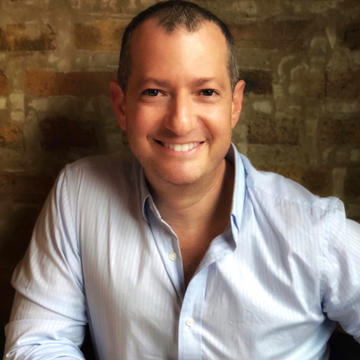
Evan A. Feigenbaum
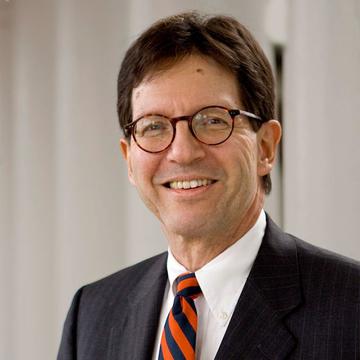
Harry Harding
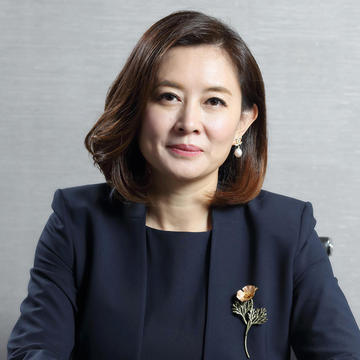
Syaru Shirley Lin
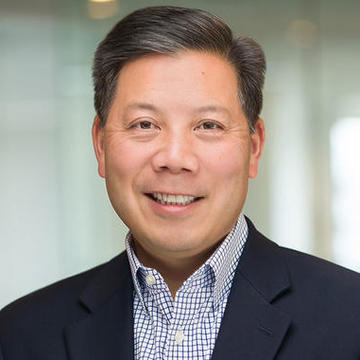
Chris Lu
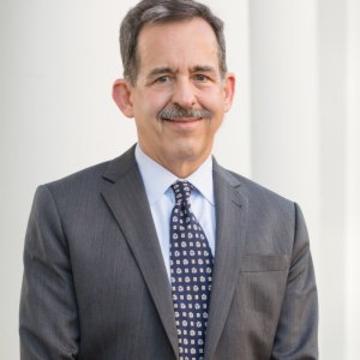
Stephen D. Mull
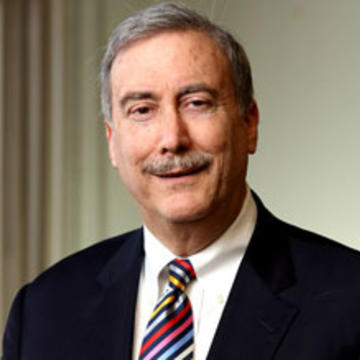
Larry J. Sabato
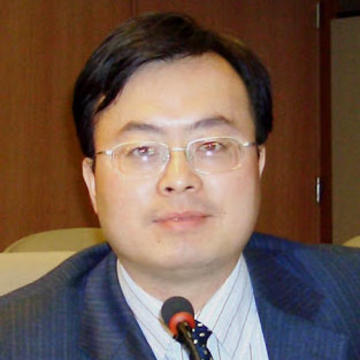
Song Guoyou
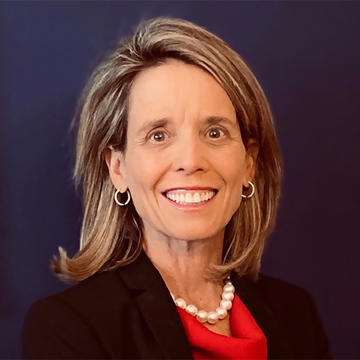
Kathryn Dunn Tenpas
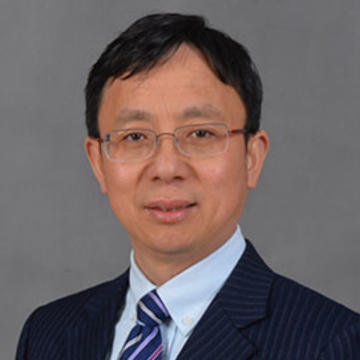
Wu Xinbo
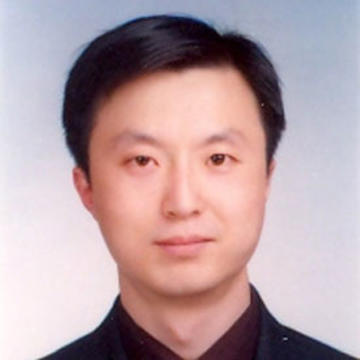
Xin Qiang